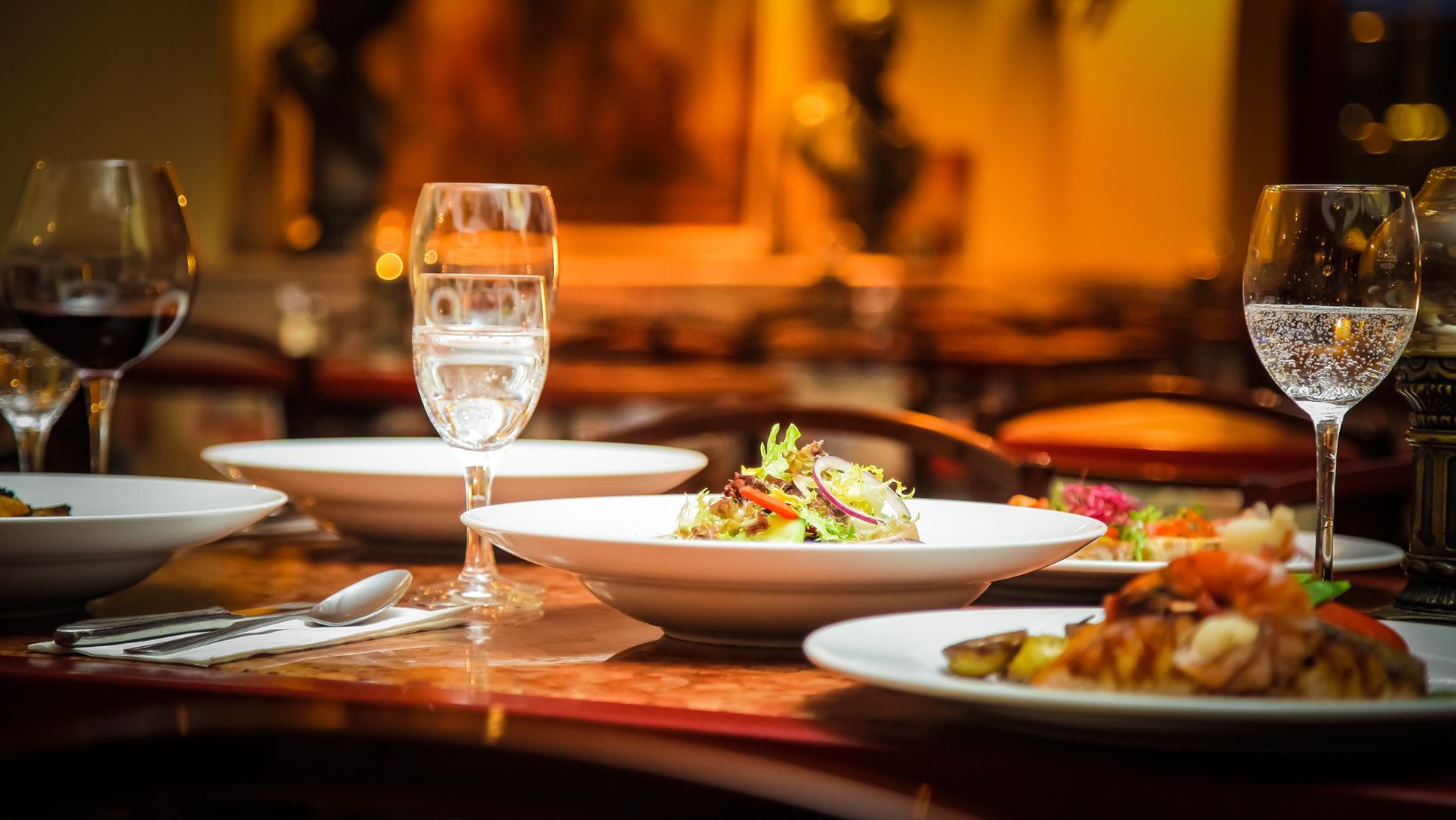
Is it Illegal to Bring Outside Food Into a Restaurant
In general, most restaurants have policies in place regarding outside food. While it may not be explicitly illegal to bring your own snacks or drinks into a restaurant, it is often discouraged or prohibited by the establishment. This is because restaurants rely on selling their own food and beverages as a primary source of revenue.
However, there are exceptions to this rule. Some establishments may allow patrons to bring their own birthday cake or special dietary items if they notify the restaurant in advance. Additionally, certain cultural or religious practices may permit individuals to bring outside food for personal reasons.
Restaurant Policies on Bringing Outside Food
Why do Restaurants Have Policies on Bringing Outside Food?
When it comes to bringing outside food into a restaurant, establishments often have specific policies in place. These policies serve various purposes and are designed to ensure a smooth dining experience for all patrons. Here are some reasons why restaurants implement these policies:
- Health and Safety: One of the primary concerns for restaurants is maintaining strict hygiene standards. Allowing outside food can introduce potential allergens, contaminants, or even spoiled ingredients into the establishment, posing health risks to customers.
- Quality Control: Restaurants take pride in their culinary creations and strive to offer consistent quality. By prohibiting outside food, they can maintain control over the ingredients used and ensure that each dish meets their standards.
- Revenue Generation: Many establishments rely on their food sales as a significant source of income. By preventing customers from bringing in their own meals or snacks, restaurants encourage guests to support them financially by purchasing items from their menu.
- Ambiance Preservation: Restaurants work hard to create a specific atmosphere or ambiance that complements the dining experience they want to provide. Allowing outside food may disrupt this carefully curated environment.
What Are The Common Restrictions on Bringing Outside Food Into a Restaurant?
While every restaurant has its own set of rules regarding outside food, there are some common restrictions that you may come across:
- No Outside Food Allowed: This is the most straightforward policy where absolutely no personal food items are permitted inside the premises.
- Exceptions for Special Dietary Needs: Some establishments may allow customers with specific dietary requirements (such as allergies or medical conditions) to bring in their own meals after prior approval or verification.
- Corkage Fees: Certain upscale restaurants may permit patrons to bring their own alcoholic beverages but charge a corkage fee for service and glassware usage.
- Specific Restrictions on Certain Items: Some restaurants may have restrictions on specific food items or categories. For example, they might prohibit outside desserts but allow snacks or non-alcoholic beverages.

Exceptions to Bringing Outside Food into Restaurants
While it is generally frowned upon to bring outside food into a restaurant, there are some situations where exceptions may apply. Let’s explore a few scenarios where bringing your own food might be allowed:
- Dietary Restrictions: Many restaurants understand the importance of catering to different dietary needs and restrictions. If you have specific dietary requirements due to allergies, intolerances, or religious beliefs, some establishments may permit you to bring your own food. However, it’s crucial to communicate with the restaurant in advance and ensure that they can accommodate your needs.
- Baby Food and Formula: Parents with infants often need to carry baby food or formula while dining out. Restaurants usually allow this as they recognize the necessity of providing appropriate meals for young children.
- Special Occasions: Some restaurants may permit customers to bring their own cakes or desserts for special celebrations like birthdays or anniversaries. However, it’s essential to check with the establishment beforehand and inquire about any policies or corkage fees associated with bringing outside desserts.
- Cultural Practices: In certain cultural traditions or events, bringing homemade dishes into restaurants is considered customary. For instance, potluck-style gatherings where everyone contributes a homemade dish may be allowed in certain establishments that embrace cultural diversity.
- Local Regulations: It’s important to note that rules regarding bringing outside food into restaurants can vary depending on local laws and regulations. Some regions may have specific guidelines allowing patrons to bring their own food under certain circumstances.
In summary, bringing outside food into a restaurant is generally not illegal. However, it is important to consider certain factors and guidelines before doing so. Ultimately, whether you decide to bring outside food into a restaurant depends on factors like individual preferences, specific circumstances, and respect for established rules and etiquette within that particular dining establishment.



